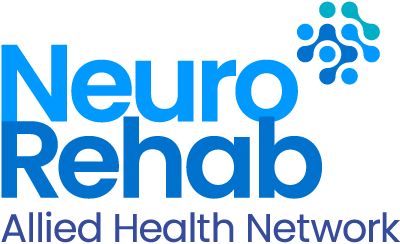Exercise physiology
Our accredited exercise physiologists have extensive experience in neurological and musculoskeletal rehabilitation. Specialising in the delivery of clinical exercise, lifestyle and behavioural modification programs for the rehabilitation of injuries and the management and prevention of chronic illness, treatment is based on the principle ‘exercise is medicine’.
Quick
capacity
Melbourne
clinics
“Doing something physical, no matter how much, can be life changing.”
Treatment for:
Acquired brain injury (ABI)
Spinal cord injury (SCI)
Stroke
Multiple sclerosis (MS)
Parkinson’s disease
Guillain-Barré syndrome
Peripheral neuropathy
Cerebral palsy
Autism (ASD)
Rehabilitation for the aged
Diabetes
Obesity
Cardiovascular disease
Pulmonary and respiratory issues
Mental illness (depression, anxiety, etc.)
Cancer
Arthritis
Osteoporosis
Our accredited exercise physiologists provide:
Comprehensive assessment
Balance, walking and running re-education
Strength and control training
Gym and home exercise programs
Hydrotherapy and swim retraining
Reconditioning after injury or inactivity
Cardiovascular and endurance conditioning
Cycling assessments and retraining
Sport retraining and reintegration
Programs to improve physical and mental wellbeing
Weight loss and management
Lifestyle and behaviour modification
Nutritional advice
Training to caregivers
Working together
Our accredited exercise physiologists may work in conjunction with, or independently from, our neurological physiotherapists depending on a client’s condition. If, for example, a client suffered an acquired brain injury or stroke, the physiotherapist may concentrate on specific issues such as gait retraining, spasticity management and muscle control, whilst the exercise physiologist may focus on endurance and fitness, general strength, conditioning and provide advice on general health (e.g. nutrition and lifestyle choices).
People with disabilities often lead very sedentary lifestyles due to reduced mobility, cognitive and behavioural issues, transport problems and a lack of understanding about what type of exercise they should or could be doing. Exercise physiologists can assist people in overcoming these issues and encourage participation in an appropriate form of physical activity, whether at home, in a community gym or through a local disability sporting association.





